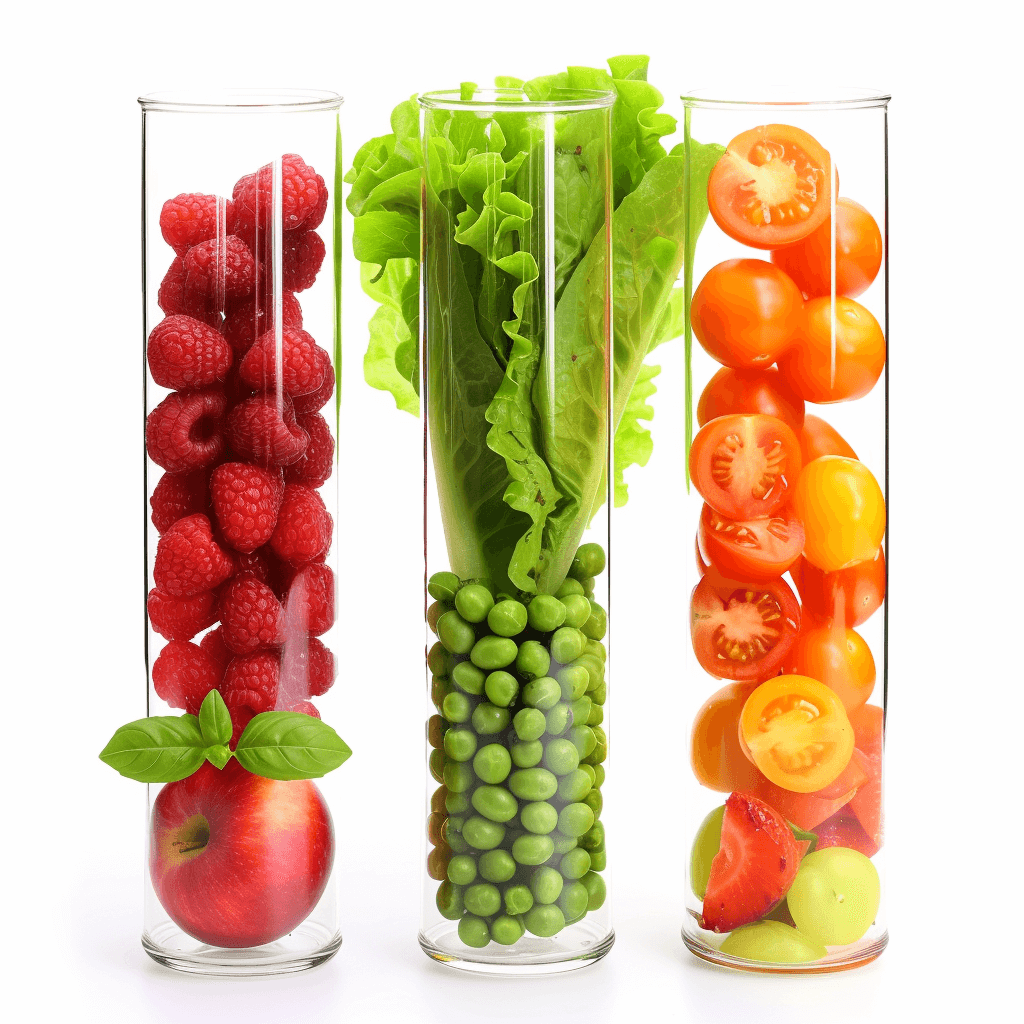
Let’s explore how to achieve lasting results through proper nutrition. Is special nutrition or a diet really necessary for sporting achievements? It will largely depend on your initial physical condition and your personal goals. If you already regularly work out and simply want to improve your body a bit, you’ll have one dietary strategy. However, if you’ve just started living a healthier lifestyle, your body’s nutritional needs will significantly increase during the initial weeks.
During the first three weeks, an untrained body needs more protein and carbohydrates for recovery. If your goal is to build muscle, your initial protein requirements may be 40% higher than those of professional athletes. Adaptation to training allows for approximately a 20% increase in muscle glycogen stores. It is IMPORTANT to replenish stores immediately after exercise within the first 2 hours when cell membrane permeability is higher, thus facilitating faster saturation.
If you train intensively for more than an hour, the approximate number of carbohydrates required for good recovery afterward is 1 gram per kilogram of body weight. A good strategy is to include carbohydrates in your diet 1–4 hours before training, calculated at 2.5 grams per kilogram of body weight. This will give you more energy during the process and more motivation to push yourself to the limit. The average amount of protein needed by the body during active bodybuilding is 1.2–2 grams per day per kilogram of body weight. For prolonged and exhausting workouts like running, skiing, cycling, or stair climbing, scientists recommend 1.2–1.4 grams of protein. For strength and endurance workouts (HIIT, high-intensity body weight exercises): 1.4–1.8 grams of protein. For those looking to lose weight, more protein is needed: 1.6–2 grams. For muscle building: 1.8–2 grams per kilogram of body weight.
Protein, fat, and carbohydrate ratios
Statistics show that women on a high-protein diet who exercise regularly (e.g., intense 30-minute walks five times a week or 2-3 strength training sessions of 30 minutes) lose more fat than those consuming more carbohydrates at the same exercise intensity. In other words, your dietary strategy should be based on whether you want to lose or gain weight.
It’s important to remember that FAT is physiologically necessary, as it provides an energy reserve, plays crucial hormonal roles, and is involved in thermoregulation processes. The optimal amount of fat for men is 13–18%; for women, it is 18–25% of total body mass. Very low fat levels can lead to hormonal imbalances, deficiencies in fat-soluble vitamins, and lack of omega-3s. Therefore, the body must receive a sufficient amount of healthy fats from food (20–35% of total calories): fatty fish, nuts and seeds, and natural cold-pressed oils.
Experts recommend consuming 20–25 grams of protein at each meal, as its absorption is limited physiologically. This amount is sufficient for recovery and muscle building after workouts. It is crucial to remember that EXTRA dietary protein does not increase muscle growth. Much more important are the quality and timing of meals. Make it a habit to eat 2–3 times a day at the same time, so your metabolism will work better. BEST SOURCES OF PROTEIN: lean dairy products, fish, seafood, eggs.
The ideal post-workout ratio of protein to carbohydrates is 4:1 (80 grams of carbs plus 20 grams of protein). Such proportions minimize muscle damage and increase endurance by 30–40%. The best carbohydrates for sports nutrition are high-fiber foods with a low glycemic index: whole grains, vegetables (broccoli, cauliflower, cucumbers, tomatoes, and carrots), legumes, and fruits (apples, bananas, pears, oranges, and strawberries).
Hydration
When we exercise intensely, we sweat. A good habit would be to weigh yourself both before and after exercise. At very high intensity, for every kilogram of weight lost, there is approximately 1 liter of water lost, which must be replenished. Don’t wait until you’re thirsty, as your body usually signals dehydration once you’re at least 1% dehydrated. Dehydration is cumulative and will significantly affect not only the quality of your workout, but also how you feel afterward (your body will ache more). Drink 400–600 ml of water every hour of exercise. If you train for 60–120 minutes, you need to restore not only the water balance but also the salt balance. If your workouts are irregular, regular salty foods with enough water will be sufficient. If you train actively, sports drinks with electrolytes and carbohydrates to maintain energy will be the best solution.
Natural food VS. sports nutrition and supplements
Multiple studies confirm that there will be no greater benefit to the body if you replace a banana with an energy bar. Moreover, recent studies have found that regular skim milk consumed immediately after exercise has the same effect as an amino acid sports mix. People who used milk for post-exercise recovery achieved a more toned physique in just two weeks. Additionally, milk effectively restores water balance and is rich in calcium, which is necessary for proper muscle function.
Isn’t this a reason to choose natural foods over pricier sports nutrition, since natural foods always contain a richer, more comprehensive set of the macro- and micronutrients our bodies need?



